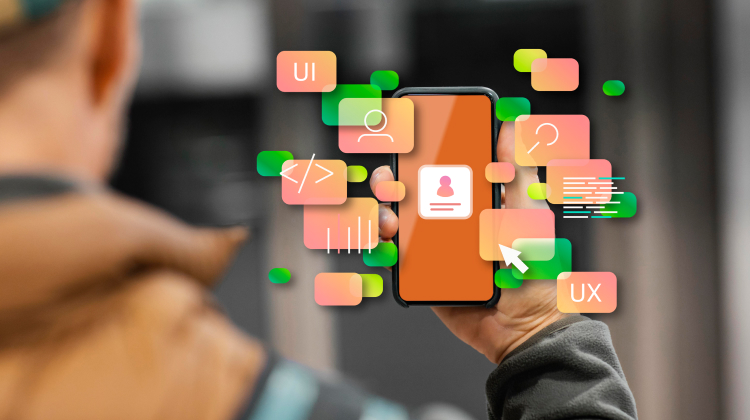Android App Development Fundamentals for Beginners
 Sphinx Shivraj
Sphinx Shivraj
Android app development has become increasingly popular in recent years, with many businesses turning to Android app development companies to create engaging and functional mobile applications. As a beginner in the world of Android app development, it's essential to understand the fundamental concepts and tools required to create successful apps. In this blog post, we'll explore the top Android app development fundamentals for beginners.
1. Master the Language
Java and Kotlin are the two main programming languages used in Android app development. Mastering these languages is crucial for creating robust and elegant Android apps. Some of the fundamental concepts of Java and Kotlin include:
Objects and classes
Inheritance and interfaces
Collections
Concurrency
Packages
Proper understanding of these concepts will help you write clean, maintainable, and efficient code.
If you're interested in exploring the benefits of custom mobile app development services for your business, we encourage you to book an appointment with our team of experts.
2. Familiarity with the Right Application Development Tools and Environment
Before you start developing your Android app, it's essential to familiarize yourself with the necessary tools and development environment. Android Studio is the official IDE for Android app development, and it provides a powerful set of tools to help you create, test, and debug your apps. Some of the key tools and concepts you should learn include:
Android Studio IDE
Android SDK
XML for designing user interfaces
Git and source control
Mastering these tools will help you streamline your development process and create high-quality apps efficiently.
3. Knowledge of Application Components
Android apps are built using four main components: activities, services, broadcast receivers, and content providers. Understanding these components and their life cycles is crucial for creating well-structured and responsive apps.
Activities: Represent the user interface and handle user interactions
Services: Run in the background to perform long-running operations
Broadcast receivers: Respond to system-wide broadcast messages
Content providers: Manage and share data between apps
Knowing how these components work together and how to properly manage their life cycles will help you create apps that are stable, responsive, and efficient.
4. Awareness of Fragmentations, Threads, Loaders, and Tasks
Android devices come in a wide range of screen sizes, resolutions, and OS versions. Dealing with these fragmentations is a key challenge in Android app development. You need to ensure that your app provides a consistent and optimized user experience across different devices.Additionally, understanding how to work with threads, loaders, and tasks is essential for creating responsive and efficient apps. Threads allow you to perform background tasks without blocking the main UI thread, while loaders and tasks help you manage data loading and background processing.
5. Choosing the Right Tools
There are many tools and libraries available for Android app development, and it's important to choose the ones that best fit your project's requirements. Some popular tools and libraries include:
Firebase: A comprehensive app development platform that provides features like real-time database, authentication, and cloud storage
RxJava: A library for working with asynchronous data streams and performing complex event processing
Retrofit: A type-safe HTTP client for making API calls and handling responses
Choosing the right tools and libraries can greatly improve your development efficiency and the quality of your app.
App Development Cost Calculator
If you're considering developing an Android app, it's important to have a rough idea of the costs involved. Many factors can affect the cost of app development, such as the complexity of the app, the number of features, and the experience of the development team. To get a better understanding of the costs, you can use an app development cost calculator. These calculators take into account various factors and provide an estimate of the total cost of developing an app.
Conclusion
Android app development is a vast and complex field, but by mastering the fundamentals, you can create engaging and functional mobile applications. Remember to focus on learning the programming languages, tools, and concepts that are most relevant to your project, and don't be afraid to experiment and learn new things along the way. If you're looking to get started with Android mobile app development, consider reaching out to an experienced Android mobile app development company. They can provide guidance, expertise, and support throughout the development process, helping you create a successful and impactful app.
Subscribe to my newsletter
Read articles from Sphinx Shivraj directly inside your inbox. Subscribe to the newsletter, and don't miss out.
Written by
